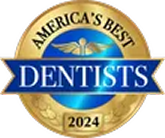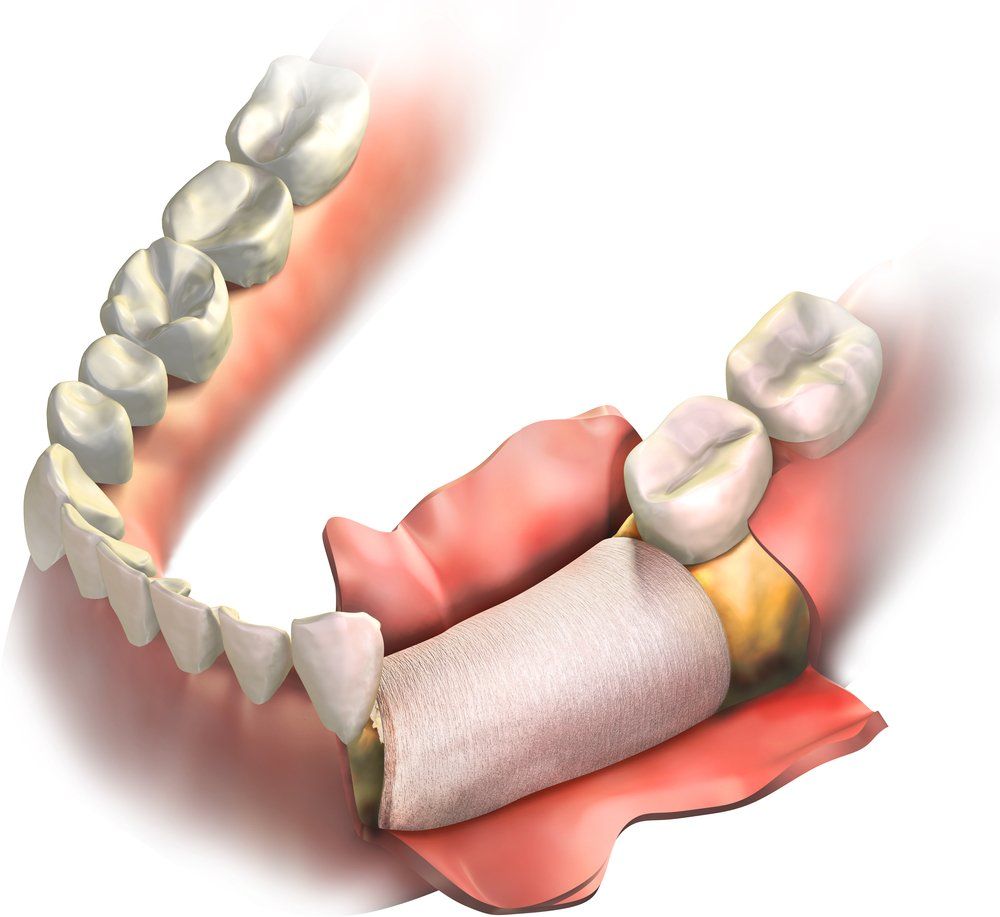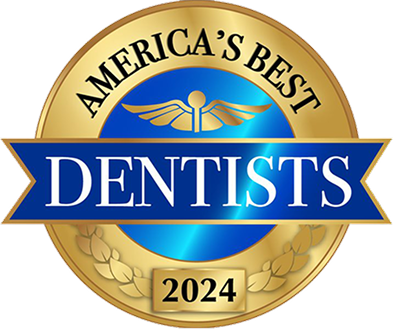
Recent blog posts






Do You Need a Full Mouth Reconstruction Surgery?
Everybody dreams of having that perfect smile...see more
7 Simple Steps to a Successful Dental Implant
The best possible treatment option to replace a missing tooth is...see more
Why You May Need Bone Grafting Before Dental Implants
Losing a tooth due to periodontal disease, injury...see more
Does Insurance Cover Dental Implants?
If you’re interested in improving your tooth replacement, you’ve probably been researching dental implants...see more
Holding Back From Dental Implants? This Will Help You Decide
You should only move forward with dental implants once...see more
Should I Get Dental Implants? Pros and Cons
Moving forward with tooth replacement is a big decision. But no matter the dental restoration you choose...see more
Dental Implant Aftercare
What to Expect and How to Support a Smooth Recovery

Why Aftercare Matters for Dental Implant Success
Getting dental implants is a big step toward restoring your smile—but the recovery phase is just as important as the procedure itself. Proper aftercare helps ensure your implant heals properly and integrates with the jawbone, setting the stage for long-term stability and comfort. At Cherrywood Dental, we want you to feel confident and supported throughout your recovery.
What to Do Immediately After Surgery
In the first 24 hours after dental implant surgery, the focus should be on protecting the surgical site and giving your body time to start healing.
• Avoid disturbing the area: Don’t rinse, spit, or touch the implant site.
• Expect light bleeding: Minor bleeding or red saliva is normal. Bite gently on gauze to control it.
• Manage pain: Over-the-counter pain relievers like Tylenol or ibuprofen can help. Use prescribed medication if needed.
• Prevent infection: Take any antibiotics exactly as prescribed by your doctor.
• Control swelling: Apply an ice pack to your cheek for the first 48 hours to reduce swelling.
• Watch your diet: Stick to soft foods and cool liquids. Avoid hot or crunchy foods for the first day or two.
How to Care for Your Implant at Home
Maintaining excellent oral hygiene is key to a smooth recovery. Your provider may prescribe a special rinse to use the evening after surgery. Starting the next day, continue to use it twice daily—once after breakfast and again before bed. In addition, warm saltwater rinses (4–5 times a day) can help reduce bacteria and promote healing.
You can gently brush your other teeth, but be careful around the surgical site. Keeping the area clean without irritating the wound is the goal.
Rest Is Part of the Healing Process
It's important to let your body rest and recover after surgery. Avoid strenuous activities and exercise for a few days, especially if you experience any bleeding or throbbing. Once you’re back to eating normally and your energy returns, you can gradually resume physical activity. The more rest you give your body, the faster it can heal.
What to Expect Next in the Implant Process
Depending on your specific treatment plan, you may need an additional minor procedure to place the abutment—the small connector that will eventually support your dental crown.
This is typically done under local anesthesia and involves:
• Reopening the gum to expose the implant
• Attaching the abutment
• Allowing the gum tissue to heal around it (but not over it)
In some cases, the abutment is placed during the initial surgery, meaning no second procedure is needed.
We’re Here for You Every Step of the Way
It’s completely normal to have questions or feel nervous about your dental implant recovery. At Cherrywood Dental, our team is here to make your experience smooth, comfortable, and successful. Whether you’re preparing for surgery or in the healing phase, don’t hesitate to reach out—we’re only a phone call away.
Recent blog posts

Do You Need a Full Mouth Reconstruction Surgery?
Everybody dreams of having that perfect smile...see more

7 Simple Steps to a Successful Dental Implant
The best possible treatment option to replace a missing tooth is...see more

Why You May Need Bone Grafting Before Dental Implants
Losing a tooth due to periodontal disease, injury...see more

Does Insurance Cover Dental Implants?
If you’re interested in improving your tooth replacement, you’ve probably been researching dental implants...see more

Holding Back From Dental Implants? This Will Help You Decide
You should only move forward with dental implants once...see more

Should I Get Dental Implants? Pros and Cons
Moving forward with tooth replacement is a big decision. But no matter the dental restoration you choose...see more

📍7474 Greenway Center Dr #110,Greenbelt, MD 20770
Call: (301) 383-9342
Practice Hours
Monday: 7:30 AM – 4:00 PM
Tuesday: 7:30 AM – 5:30 PM
Wednesday: 7:30 AM – 2:00 PM
Thursday: 7:30 AM – 4:00 PM
Friday: Closed
Saturday: Closed
Sunday: Closed
Follow US

Patient Testimonials
More Blogs

If you are missing one or more teeth due to decay, injury, disease, or due to aging, you may be a candidate for TeethXpress. Many patients who have...see more

Imagine the option of permanent, reliable teeth in a single procedure. All-On-4 dental implants give you a full dental replacement in one visit. Four...see more

Modern dental restorations are both durable and beautiful. With the option of dental implants, you can have a replacement tooth which feels...see more

Dental implants are by far the most effective way to replace a missing tooth, but many patients are put off by the very lengthy process described by their...see more

7474 Greenway Center Dr #110,Greenbelt, MD 20770
Call: (301) 383-9342
Practice Hours
Monday: 7:30 AM – 4:00 PM
Tuesday: 7:30 AM – 5:30 PM
Wednesday: 7:30 AM – 2:00 PM
Thursday: 7:30 AM – 4:00 PM
Friday: Closed
Saturday: Closed
Sunday: Closed
Copyright © 2026 All Rights Reserved.

Follow US
